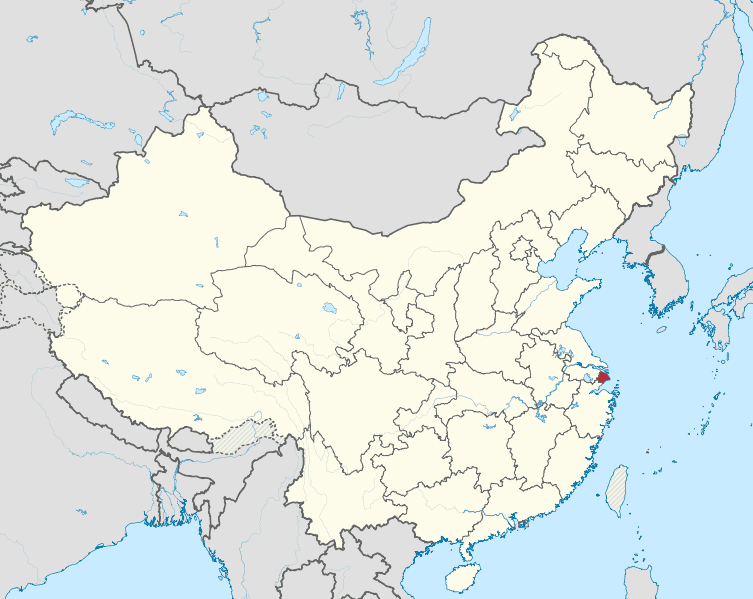
Shanghai’s popularity is a relatively recent phenomenon in history. Before becoming its own municipality, Shanghai was in the shadow of other prosperous great cities in Jiangsu, like Suzhou or Nanjing. It was propelled into riches by China’s shift from the world of rivers to the world of oceans. This is a stark contrast to Shanghai’s humble beginnings as a fishing village. During the 16th century, the simple building of a wall around the village greatly increased its standing as Japanese pirates plundered the coast. With its safety secured, the next big step came a century later when Emperor Kangxi reversed the long-held Ming-era policy of banning ocean-going vessels. As a safe ocean port, business was brought to Shanghai at a time when more and more goods were being moved to the coast for trade with foreigners. When the British won the first Opium War, the conditions of surrender forced the Qing to open the city to unlimited free trade. Prior to this, trade with foreigners was made through the Canton system, whereby all trade was made at the Port of Canton. The ending of this policy was an economic disaster for the Qing but a massive boon for cities like Shanghai.

Comments 0